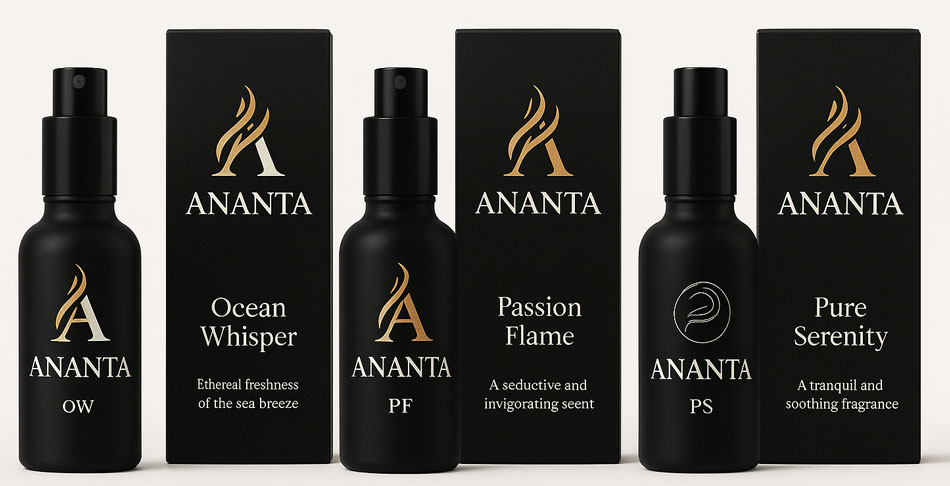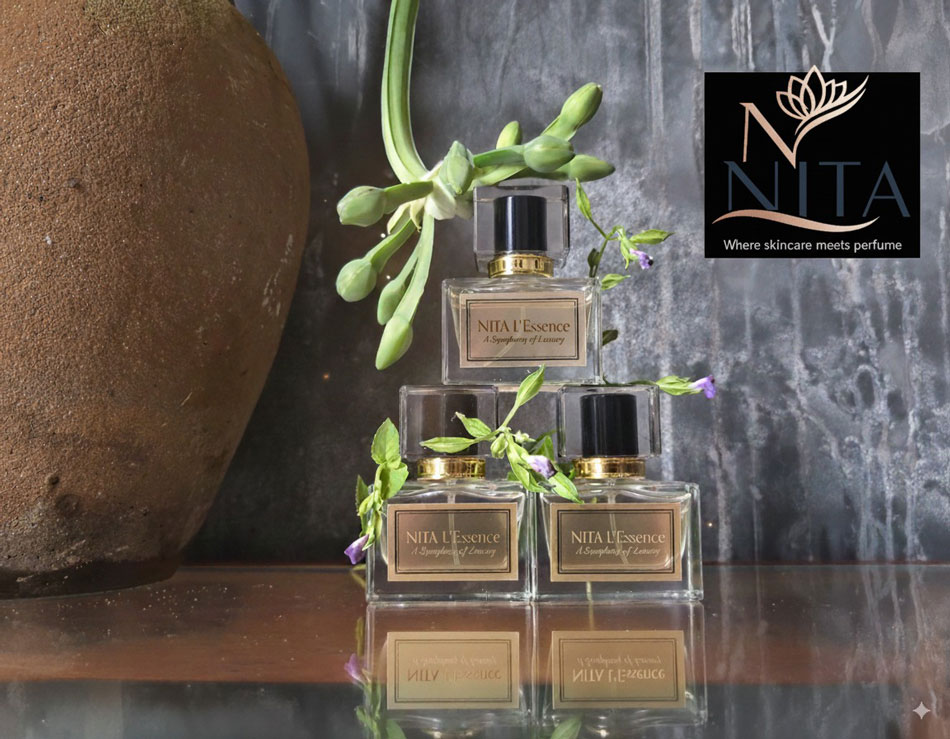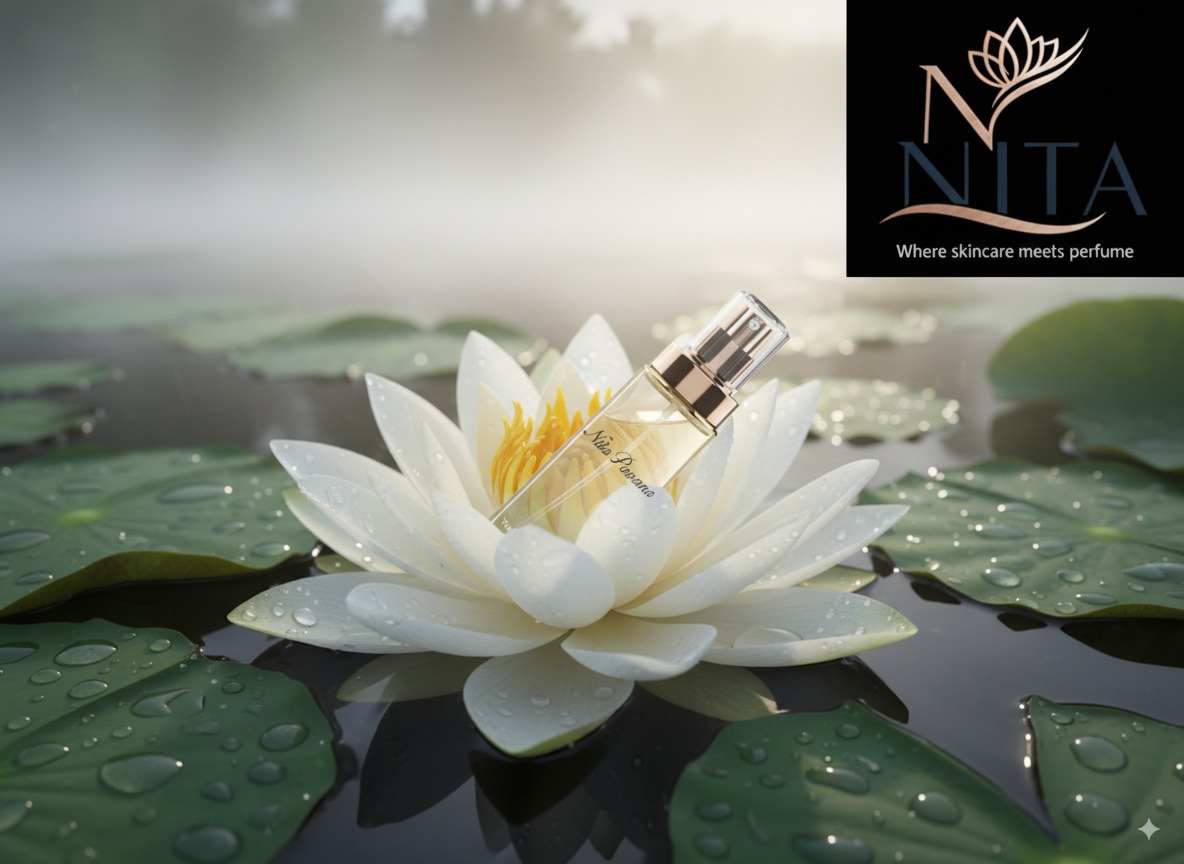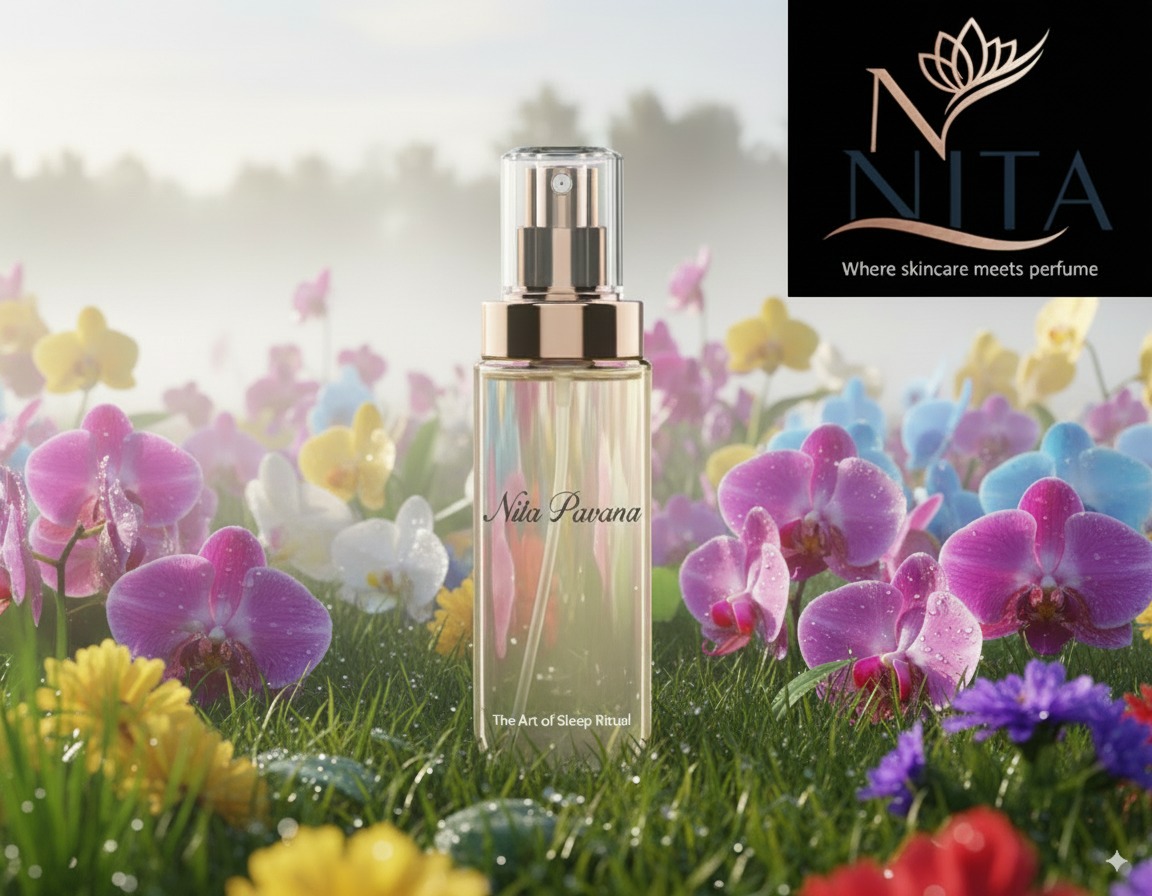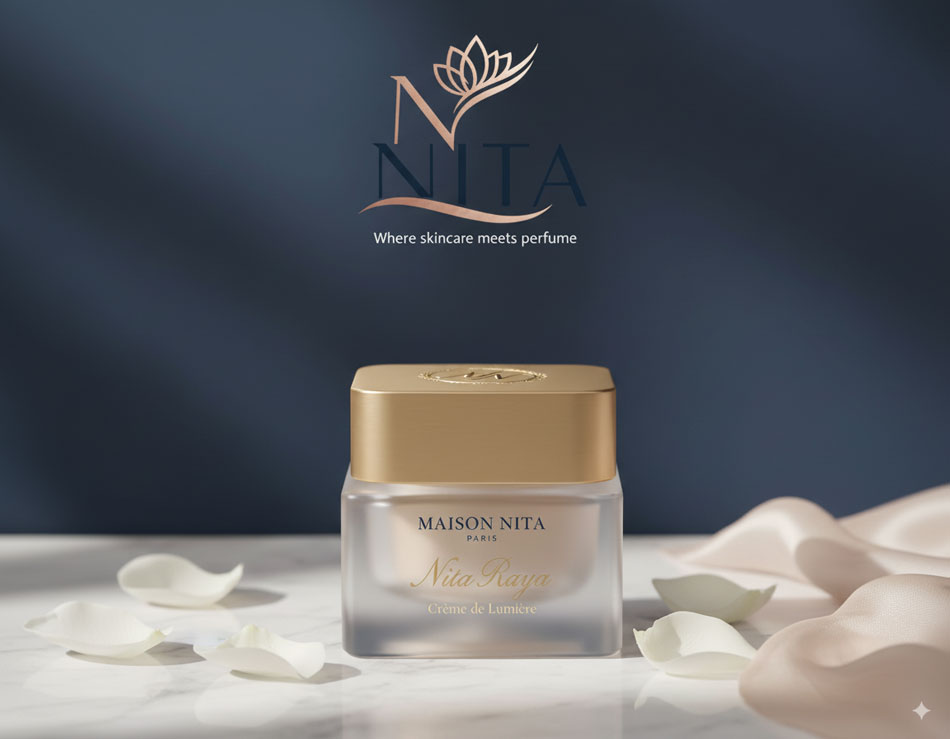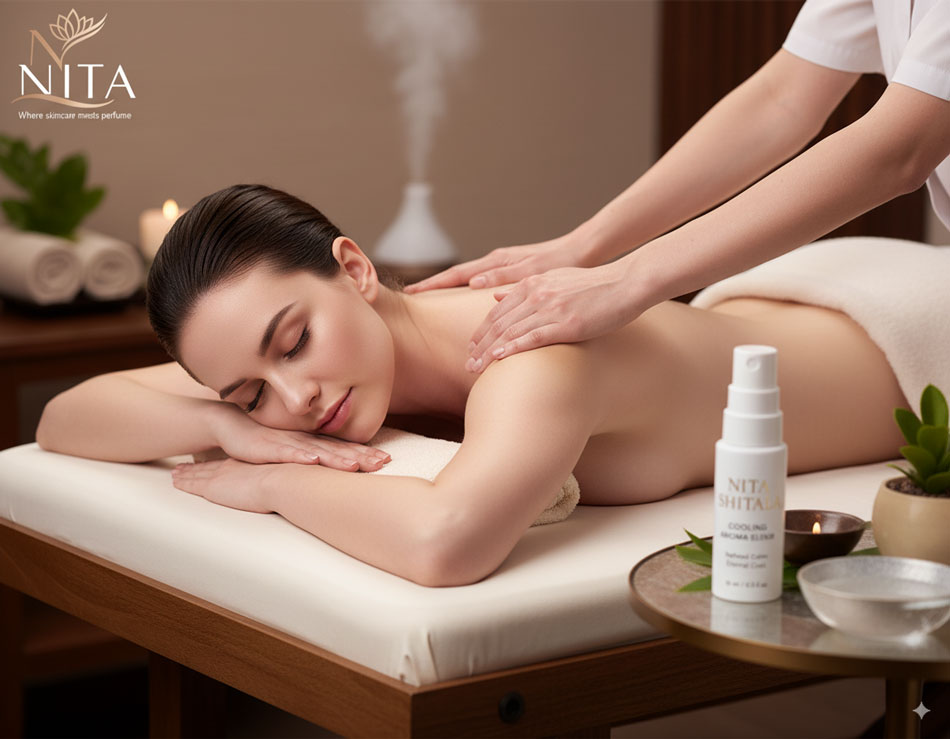# Europeans in Phuket: An In-Depth Analysis
Phuket has been a popular destination for Europeans for many decades, both for tourism and settlement. This article presents in-depth information about the European community in Phuket.
## Nationalities and Demographics
Europeans living in Phuket come from various countries, with the largest groups being:
- United Kingdom and Ireland
- France
- Germany
- Scandinavia (Sweden, Norway, Denmark)
- Russia
- Italy
- Netherlands
- Switzerland
In terms of demographics, Europeans in Phuket span various age groups, but most fall within:
- 30-45 years: Business people and entrepreneurs
- 45-65 years: Early retirees and remote workers
- 65+ years: Retirees
The proportion of males and females is relatively close, but there is a trend of slightly more males, especially among entrepreneurs and investors.
## Popular Residential Areas
Europeans in Phuket typically live in specific popular areas, including:
1. **Bang Tao**: A favorite residential area for European families, with several international schools
2. **Surin**: Attracts affluent Europeans, with many luxury villas and beach clubs
3. **Kamala**: An area with high privacy, suitable for high-income individuals
4. **Kata-Karon**: Popular among long-term tourists and retirees
5. **Rawai**: Home to many French and Italian communities
6. **Patong**: Attracts tourists and entrepreneurs
7. **Phuket Town**: Houses Europeans who work with local companies and business people
## Types of Residences
Europeans in Phuket live in various types of accommodations:
- Private villas (popular in Bang Tao, Surin, Kamala)
- Luxury condominiums (distributed throughout the island)
- Long-term rental apartments (popular among temporary residents)
- Single houses in housing developments (popular among families)
## Real Estate Investment
Real estate is one of the main investments for Europeans in Phuket:
- Purchasing villas for investment and rental
- Investing in condominium projects
- Buying land to develop into resorts or residences
- Co-investing in hotels and resorts
A legal condition to be aware of is that foreigners cannot directly own land, but there are several legal options, such as long-term leases (30-90 years) or establishing a Thai company.
## Occupations and Businesses
Europeans in Phuket engage in various occupations:
1. **Entrepreneurs in the tourism industry**:
- Owners of restaurants, bars, and hotels
- Diving and water sports businesses
- Tour companies
2. **Real estate-related occupations**:
- Real estate agents
- Residential project developers
- Investment consultants
3. **Digital businesses and remote work**:
- Software developers
- Website designers
- Online business consultants
- Digital Nomads
4. **Health and beauty specialists**:
- Spa and wellness center owners
- Yoga and fitness instructors
- Alternative medicine practitioners
5. **Education**:
- Teachers in international schools
- Foreign language instructors
## Communities and Groups
Europeans in Phuket form various social groups:
- Country-based associations (e.g., French-Thai Association, Scandinavian Club)
- Sports clubs (golf, tennis, sailing)
- Business groups and entrepreneur networks
- Volunteer and charity groups
There are informal community centers such as European restaurants, pubs, and cafés opened by Europeans, which have become meeting points and information exchange hubs.
## Food and Restaurants
Food is an important part of European culture brought to Phuket:
- French, Italian, and Mediterranean restaurants
- European-style bakeries and cafés
- Thai-European fusion restaurants
- Wine bars and English and Irish pubs
Most European restaurants are located in major tourist areas such as Bang Tao, Surin, and Patong, often owned by Europeans who have settled in Phuket.
## Leisure Activities and Tourism
Europeans in Phuket enjoy various activities:
- Water sports: sailing, surfing, diving, kayaking
- Golf: Phuket has several world-class golf courses
- Nature tourism: hiking, bird watching
- Yoga and wellness activities
- Cultural activities: music festivals, art events
Europeans who have lived in Phuket for an extended period often travel to neighboring provinces and countries such as Malaysia, Singapore, and Vietnam during holidays.
## Adaptation and Challenges
Europeans in Phuket face adaptation challenges:
- Language barriers: Many learn basic Thai, but most still rely on interpreters or staff who speak English
- Cultural differences: Need to understand Thai customs and traditions
- Managing visas and work permits: Regulations often change
- Climate: Hot, humid weather and monsoon season
## Investment and Business
Besides real estate and tourism, Europeans also invest in various types of businesses:
- Technology and startups
- Health and beauty businesses
- Clean energy and sustainable development
- Education and international schools
Joint ventures with Thai people are a common form of investment due to legal restrictions for foreigners.
## Impact on Local Economy and Society
The presence of European communities in Phuket has both positive impacts and challenges:
**Positive**:
- Job creation and investment
- Cultural exchange
- Infrastructure development
- Service standard improvements
**Challenges**:
- Increasing real estate prices
- Economic disparity between local communities and foreigners
- Changes to traditional ways of life
The European community in Phuket plays an important role in developing the island as an international destination and continues to play a significant role in determining future development directions.
